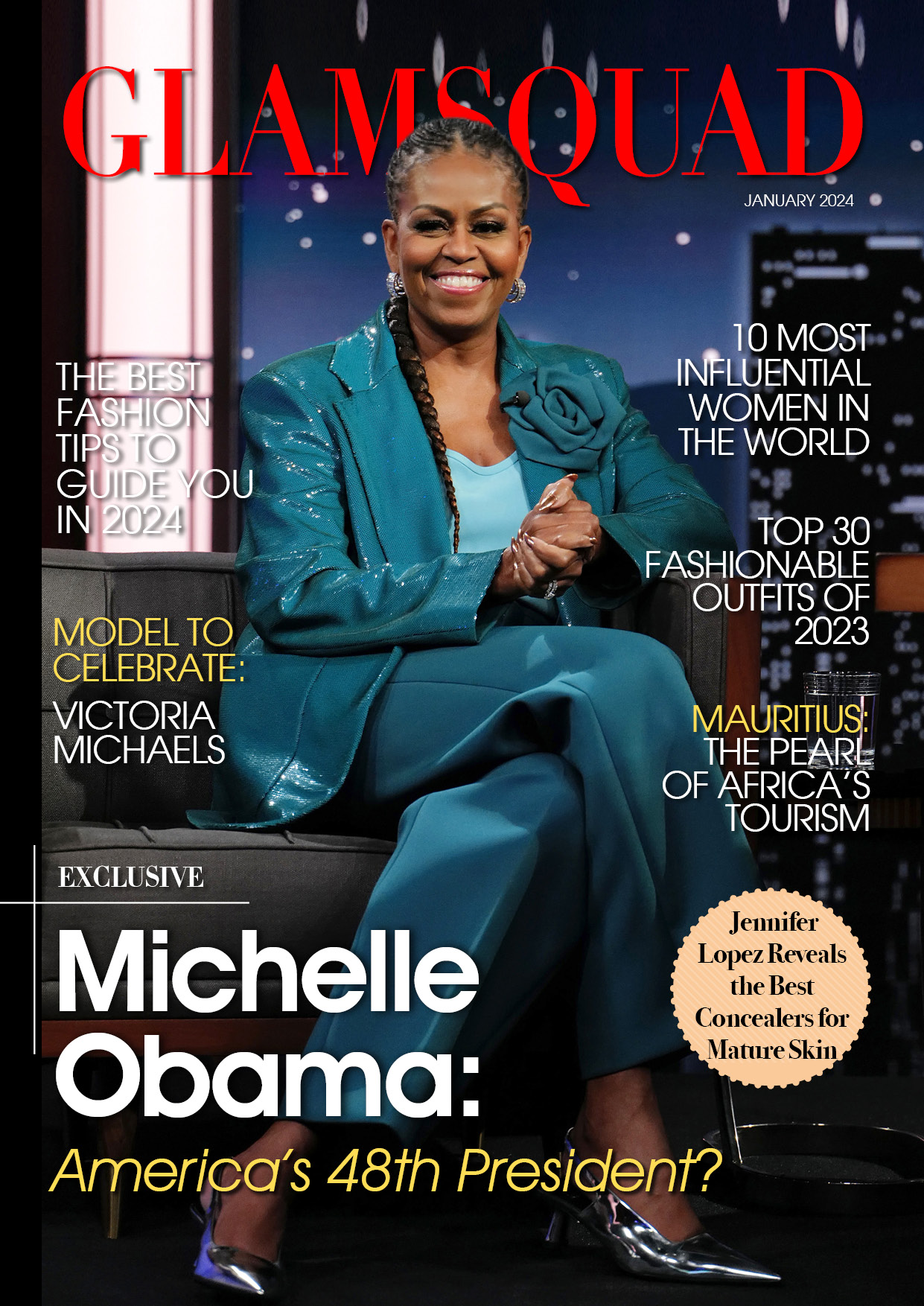DJ Switch, a Nigerian Disc Jockey, has pleaded with the International Criminal Court (ICC) to commence with immediacy its investigation on the attacks on #EndSARS protesters by security forces across Nigeria.
Born Catherine Obianuju Udeh, DJ Switch, addressed the office of ICC’s prosecutor, in a virtual event on Thursday, December 17, 2020, following the international court’s resolve to carry out a preliminary inquiry into the alleged crimes committed during the End SARS protests.
GlamSquadMag recalls that on October 20, men of the Nigerian army had opened fire on protesters who converged the Lekki toll gate area of Lagos to demand an end to police brutality. This was as pockets of violent attacks also broke out across the country.
Speaking to the ICC, Switch said: “#EndSARS is a movement against police brutality, which has since become a much bigger movement against bad governance. The reason is simple. From President Muhammadu Buhari downwards, they are all SARS. This is a government that would rather silence and kill its citizens rather than be guided by their concerns and cries; hide COVID-19 palliatives, that were donated, rather than feed its people.
“One that would rather spend quality time with his cows rather than address its citizens. The same government chose to inject rogue elements into peaceful protests rather than protect its people. Yet it chose to cuddle terrorists.
“It is the same government that froze the accounts of protesters and seized passports but cannot seem to trace the accounts that sponsor terrorism. It states in the constitution that the security and welfare of the Nigerian people is the primary purpose of the government, but on the 20th of October 2020, the Nigerian Army sanctioned by the government stormed the Lekki tollgate in the first wave of assault. There was no warning, just guns blazing.
“We were forced to have a crash course on medical procedures, attempting to extract a bullet from the leg of a protester until one ambulance came from the back. So, please tell me, what then was their intention if not to kill us? At this point, we had counted 15 bodies. A few hours later came the second wave of us of assault by the Nigerian police with the same modus operandi, killing and injuring those of us left at the tollgate.
“The same police also shot at us the next morning. This is just one incident. There is Obigbo. There is Nkpor. There is Zabamari and more. The Nigerian authorities under the poor, corrupt, and misguided leadership of President Buhari down to his cohorts: Governor Jide Sanwo-Olu, General Tukur Buratai, Brigadier Taiwo, FO. Omata, Lai Mohammed, and many more have all tried severally to deny these events while contradicting themselves.”
Legal advisor to the office of the prosecutor, Rod Rastan, said that it didn’t take long after ICC commenced its preliminary inquiry for it to find that crimes within the court’s jurisdiction had been committed on multiple fronts.
“ICC has been examining what’s been going on in Nigeria for a long time. We call it a preliminary examination. It’s a stage where we’re determining whether we should open investigations. It didn’t take long to conclude that crimes were committed within the court’s jurisdiction. Our conclusion was focused on alleged crimes by Boko Haram but, in subsequent years, we’ve updated it to include our findings with respect to the Nigerian security forces,” he said.
“We’re supposed to step in if the national response isn’t effective or genuine. We have always sought to offer threats of the ICC intervening in order to create momentum domestically. If they don’t act to that, we should act. We said we were likely to conclude our assessment this year. And at the end of it, we have indeed confirmed there is a basis for the court to proceed because the national response doesn’t correspond to what we’re looking at now,” he said.
Although he cited the logistic challenges within the court’s investigative team that might force the ICC to reconsider some of its line of inquiry, Rastan said that the court is still working on plans to roll out a formal investigation.
“We believe that crimes have been committed across multiple fronts, almost every crime within the jurisdiction of the court appears to have been committed in one formula bar or other in relation to war crimes and crimes against humanity under our statute. We’re continuing forward planning for investigations. We have a limited capacity, investigating multiple situations around the world. We only have 80 investigators,” the legal adviser added.
“It’s not that we’re looking at an excuse not to do things, but that we also are emphasizing that we also need support from state parties and from other stakeholders to also help the court have the means to deliver what it wants to do. What this means for Nigeria is that the prosecutor will make some decisions on how to roll out investigations.
“If the means do not come, then the prosecutor may have to, for example, decide to terminate some lines of inquiry or complete activities that are ongoing in order to allow the capacity of the office to open investigations relation to Nigeria. These are pragmatic considerations. It doesn’t mean that the office will not proceed with investigations,” Rastan added.










